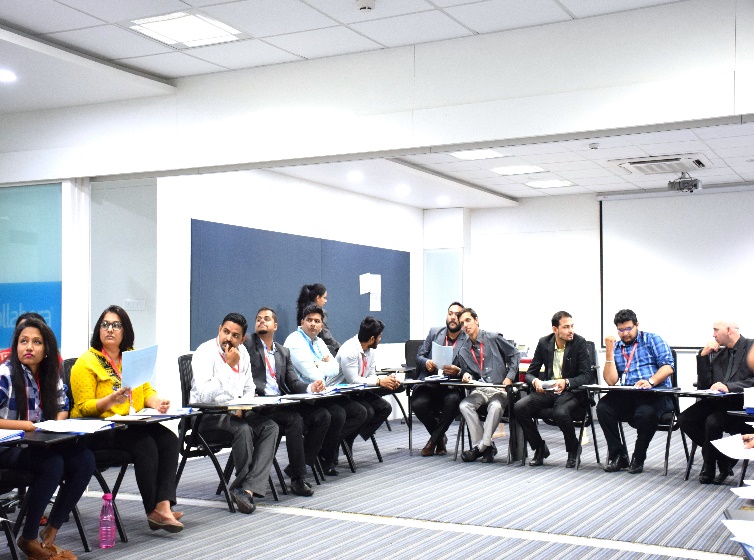Our Competency Assessments
Competency has two relevant meanings: The first addresses the ability of an individual to perform effectively in a job relevant area. The second is a definition of what is required of an individual for effective performance.
Competency Assessment
Competency assessment is the assessment of the extent to which an individual or a set of individuals possess these competencies required by a given role or set of roles or levels of roles.
Types of Competencies
Competencies may be grouped in to various areas. In a classic article published a few decades ago in Harvard Business Review Daniel Katz grouped them under three areas, which were later expanded in to the following four: (see Pareek, Rao and Pestonjee: Behaviour Processes in organisations: New Delhi, Oxford & IBH, 1981):
- Technical or Functional Competencies (Knowledge, Attitudes, Skills etc. associated with the technology or functional expertise required to perform the role.
- Managerial (Knowledge, attitudes, skills etc. required to plan, organize, mobilize and utilize various resources)
- Human (Knowledge, attitudes and skills required to motivate, utilize and develop human resources)
- Conceptual (Abilities to visualize the invisible, think at abstract levels and use the thinking to plan future business)
This is an elaborate classification and a given competency may fall in to one or more areas and may include more than one form. It is this combination that are labeled and promoted by some firms as competency dictionaries.
Key Competencies
Key competencies are used to describe the elements of behavior that are important for all employees. They support organisational values, desired culture, and performance expectations in areas such as customer service, continuous improvement, teamwork and personal responsibility. They provide a clear definition of selection criterion to be used in behavioral event interviews, a process popularized by David McClelland (1978). Clearly defined key competencies can help the organisation ensure that new employees are a good match to culture and general performance standards.
In addition, key competencies can help provide focus on priority employee development topics. Corporate-wide development activities in areas such as financial/business skills, team collaboration, or customer service often arise as development target for a broad range of employees.
Functional Competencies
Functional competencies describe more specialized knowledge and skills for roles such as project manager, customer service representative, and manufacturing engineer. From our experience, competency descriptions need to be broad enough to be used by a range of people in the same role, but may be differentiated by levels in order to detail the attributes associated with entry to more senior levels.
Basic Competencies
Those required for a person to perform in any productive activity, such as reading, the ability to interpret texts, apply numerical system, and express themselves and knowing how to listen. Such skills are acquired gradually along life and in formal education.
Generic Competencies
Knowledge and abilities associated with the development of various occupational areas and branches of productive activity, i.e. they are the competencies defining a concrete profile for the different activities of the world of labor (economic sectors and branches).
Specific Competencies
Skills associated with technical knowledge and abilities, required for the performance of a productive function. They are usually conveyed in specific language and refer to the use of certain tools and instruments.
Assessment Development Centers (ADCs) use multiple methods and multiple assessors to assess the competencies of a given individual or a group of individuals. In order to enhance objectivity, Manvin Consulting Inc. uses trained assessors and multiple methods including psychometric tests, simulation exercises, presentations, in-basket exercises, interviews, role plays, group discussions etc. The methods to be used depend on the nature of competencies and role of the people.

360 degree Feedback
360 Degree Feedback is a Multi-Rater Feedback System. Almost every Fortune 500 Company is using this in some form or the other
Read More
Assessment And Development Centers (Adcs)
Competencies are a combination of attitude, knowledge, skills, and traits and self motives which come out as “behaviours” that ..
Read More
Competency Based Interviewing Skills With Focus On Behavioral Event Interviewing
Organizations striving for excellence leverage their talent to perform, grow and compete. Identifying, nurturing…
Read More
Competency Mapping
Human capital provides a key competitive advantage in business. Competencies are known to directly impact the bottom line..
Read More